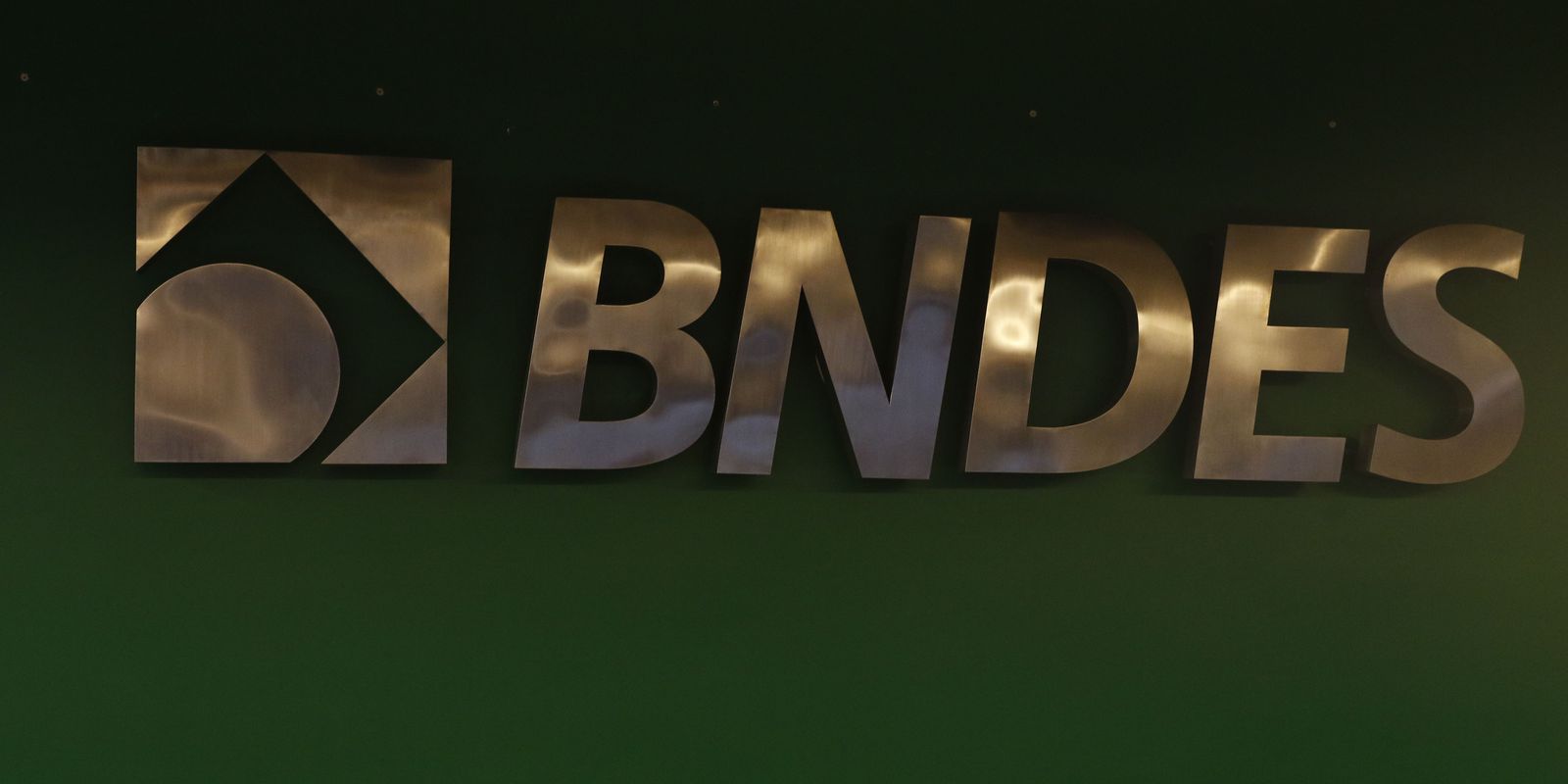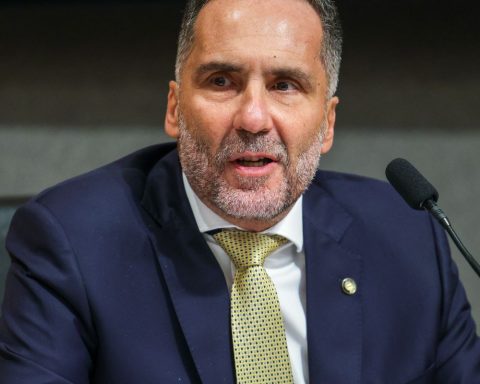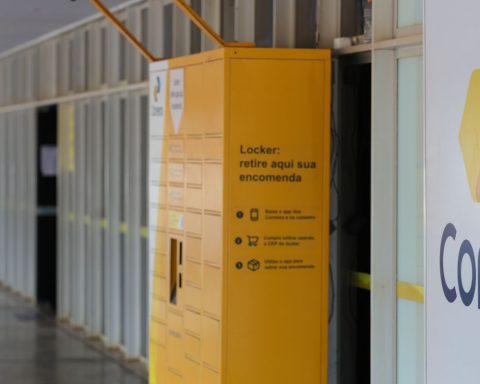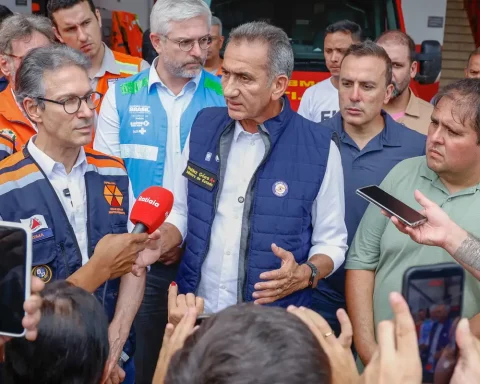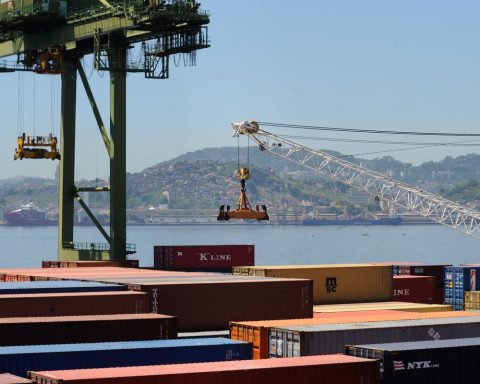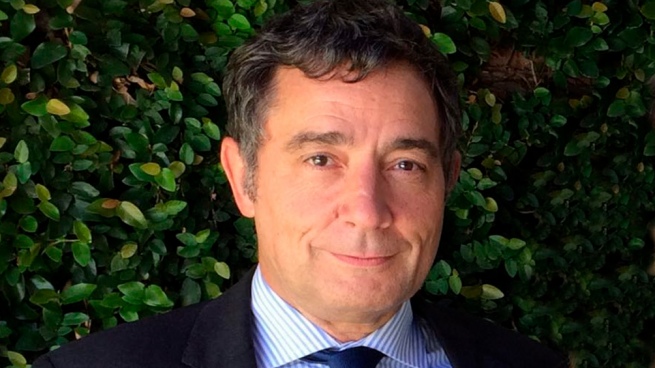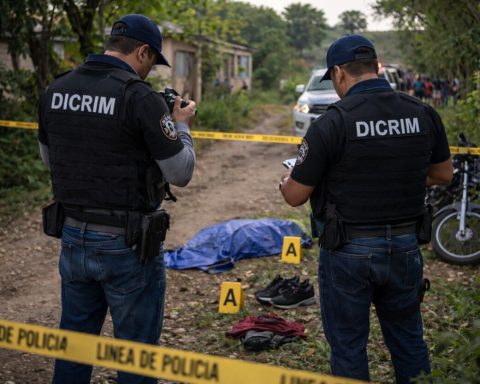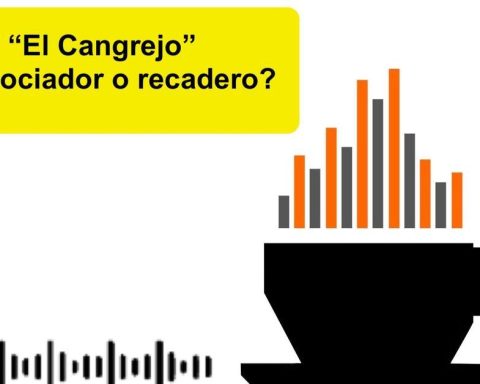The National Bank for Economic and Social Development (BNDES) held nine auctions in the sanitation sector that resulted in R$ 30 billion in grants for the coffers of states and municipalities and R$ 42 billion in committed investments. The rounds have taken place over the last two and a half years, since the approval of the Legal Framework for Sanitation (Law 14,026 of 2020). 
“On this journey, we were able to bring a gift here to Rio de Janeiro, which was the largest infrastructure concession ever carried out in Brazil, which brings dignity, employment and immeasurable environmental preservation. For those who know Rio, being able to dream of a Guanabara Bay, soon, beautiful and clean again is a dream for anyone who lives or visits this wonderful city”, said the president of the bank, Gustavo Montezano.
For him, the regulatory framework in force in the country represents a success, but it is necessary to move forward and make adjustments, which he classified as the first of the three pillars necessary for the development of the theme.
“Of course, the legal framework was an unparalleled innovation. He proves to be a winner and a winner, but it is natural that maturation, interpretations and adjustments are made along this journey”, pointed out Montezano during the 6th Sanitation Week, organized by the institution.
The second topic on the agenda pointed out by the president of BNDES is financing. “We are now starting to conclude the first long-term financing of the new crop of auctions and, naturally, Brazil still has a lot to mature in terms of project financing, syndication and structuring of these consortia of banks and other financiers. So, today’s financing agenda, of more effective project finance, is a fundamental pillar of how we can leverage the sector to its maximum potential”, he said.
The last question is the destination of solid waste, which, in his view, should be a natural derivation of sanitation, which is a transformer for the city’s environment. The BNDES president highlighted the sanitation sector’s ability to generate jobs and gather national participation. “Every BRL 1 invested, BRL 0.95 stays in Brazil”, he pointed out.
ugly duckling
Present at the event, the National Sanitation Secretary of the Ministry of Regional Development (MDR), Pedro Maranhão, said that, in Brazil, sanitation was considered the ugly duckling of the infrastructure sector and did not count on private investment – 95% of the resources applied were public.
According to the secretary, two issues impeded investments. On the political side, there was the interpretation that “buried work does not give a vote”. In addition, the country did not have a legal framework.
“I am from the interior of Maranhão and I heard a lot [a expressão] buried work. The managers had no interest in investing in sanitation, burying pipes, burying work that you can’t even put a sign on and have no visibility. This went on for a long time. the other is the [falta de] regulation, no legal certainty, no predictability, no goals. These two things we are managing to overcome,” she assured.
In Maranhão’s view, the success of sanitation auctions in some states has encouraged other managers to follow the same path. Despite this, according to the secretary, there are still some resistances that are being overcome. One of the points he highlighted is the manager’s fear of losing autonomy if he enters into a contract to grant the local service. “We can still see this, but it is advancing. Every time there is an auction or a concession, it is impressive how it advances and how the mayors are interested and come after”, he revealed.
solid waste
According to the secretary, the government must issue a decree by July 15th to define a regulation for the area of drainage and incineration of solid waste. On this day, two years of the anniversary of the sanitation regulatory framework will be completed, which did not include these two topics because they have different characteristics.
“Solid waste is based on logistics, it has to be in a close radius, which is not a problem for water and sewage. Drainage is even worse. How is it regionalized, how is sustainability achieved, how is drainage charged? We are resolving it with a decree that we are discussing and should be released by the month of July, separating the issue of solid waste from water and sewage”, he added.
After the opening of the event, the president of BNDES, the secretary and the director of Concessions and Privatizations of the bank, Fábio Abrahão, signed a protocol of intentions to promote the regionalization of urban solid waste services.
